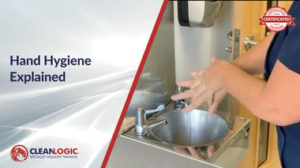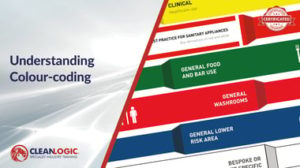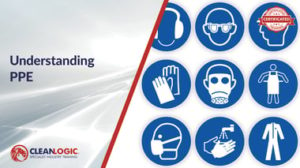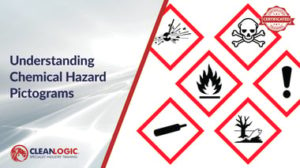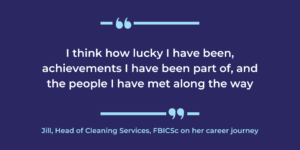QHSE Officer - Cleaning Careers
It takes a certain type of person to become involved with health and safety at any stage of the career progression. Discover what it entails to be a part of any health and safety team.
QHSE Officer careers: What's involved
How much money can you earn as a QHSE Officer?
These LMI Job Trends give you a sneak peek of how much you could earn starting out for this career, and how much your salary could grow with experience.
Salary guide for QHSE Officer jobs
Recent labour market information suggests that the average salary of a QHSE Officer is £33,500 per annum.
On average you can earn between £29,201 and £40,000 a year as a QHSE Officer in the UK.
Your starting salary can vary because of factors like level of experience, training, location or the size of the company. Your salary will increase over time as you build skills, knowledge and experience.
Cleaning and facility management career FAQs
In many cleaning operative roles, you do not require any formal qualifications to become a cleaning operative. Having a certain level or numeracy and language skills may help you get hired by employers. It’s useful to have GCSEs in grades 9-4 (A*-C) in English, maths and a science subject. Many employers in the cleaning industry will help you gain these qualifications if this is something you are interested in pursuing!
You might already have an academic qualification like a degree, or be thinking of doing one. Amelia did a theatre degree and is now very happy in the cleaning industry, so you can still shine in the world of cleaning if you do the qualifications you feel passionate about!
To progress your role more speedily, or, to gain insight into these fantastic roles, why not take a look at some of the great training offerings that are out there?
Some examples include:
- BICSc Licence to Practice Qualification
- Certificate in Cleaning and Support Services Skills
- Certificate in Cleaning Principles (RQF)
You can find out more with the British Institute of Cleaning Science.
You can also try out these amazing FREE certified courses to build your CV!
Assistant Technical Specialist Kelsey Hargreaves is a young person who has got far in the world of cleaning, hygiene and facility management. She shares her top reasons for getting into the world of cleaning after university, and her reasons might inspire you too:
- I wanted to help create safer environments
- I wanted to help give people opportunities
- I enjoyed working alongside hard working people
- I wanted a career in an industry that was trying to solve environmental issues
- I wanted a career where I could develop
- I wanted to work in an industry that was diverse and vibrant
- I wanted a career where I would be listened to

Domestic cleaning used to be called the ‘invisible industry’ but times are changing because it is such a huge market. It is now getting the benefit of more attention, better resources, and more support and development for your career.
Find out more…
Becoming a Chartered Practitioner in Environmental Cleaning involves one of two routes and is great recognition of your achievements in the industry as you grow in experience.
Find out more…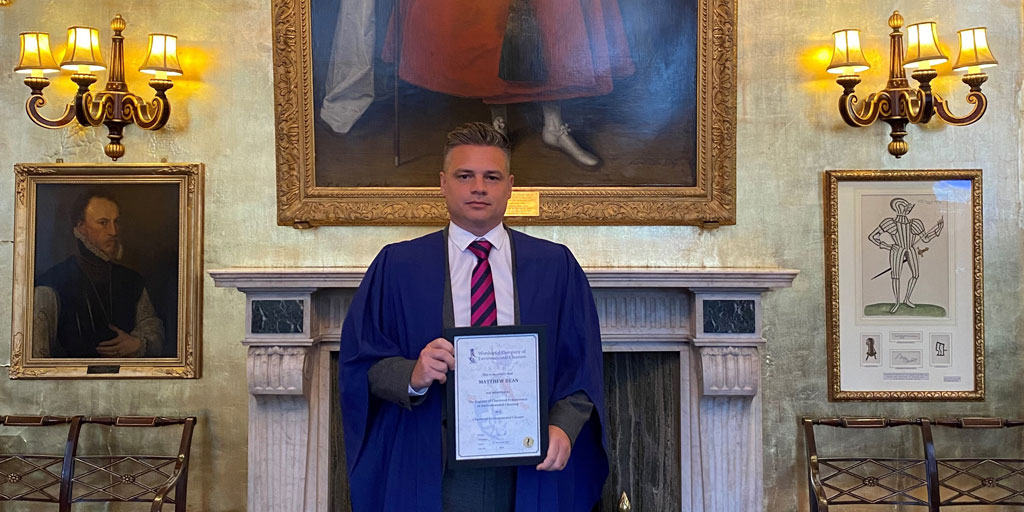
If you’re wondering just how big the UK cleaning industry is – and who can help you get ahead – then check out this megalist of organisations in the sector and how they can help you get ahead.
Find out more…
Skills you need to become a QHSE Officer
Useful skills to put in your CV:
- Organisation: Be able to manage your time effectively, set goals and prioritise tasks o you are able to achieve set goals.
- Problem-solving: Being able to recognise and identify a problem either before it occurs or being able to implement the best solutions afterwards.
- Attention to detail: You will need to be able to focus on all areas of the task or project.
- Writing skills: When writing you will need to be able to put across your point briefly but effectively.
- Communication: Is the ability to convey or share feelings/ideas effectively without any misinterpretation, misunderstandings, or misleading people.
- Teamwork: Be able to work well within a team and work together to achieve the same goal.
- IT Skills: Within the role you may be asked to use several devises i.e., a tablet, phone, computer, laptop and their operating systems and software. It is about being able to operate these comfortably.
- Critical thinking: Critical thinking is about being able to see the bigger picture. In this job you will face situations where you will have to evaluate and analyse facts and information presented to you and make a judgement based on this information.
Top Skills-boosting Tips
Do some personal research into how the cleaning industry puts a big focus on safety, health and the environment.
They are all really important in the world of cleaning!
How Do You Get These Skills?
Vocational qualifications and work experience will help you build these skills over time.
What Qualifications & Training Do You Need For QHSE Officer Careers?
When it comes to anything to do with health and safety you don't need a specific degree to become an officer, but you will be required to have the correct training, which can mostly be done through your employer.
Apprenticeships
It’s possible to do an advanced apprenticeship as a Safety, Health, and Environment Technician. It would take 24 months to complete and would allow you to become a technical member of the Institute of Occupational Safety and Health and an affiliate member of the Institute of Environmental Management and Assessment.
In order to do an apprenticeship you usually need 5 GCSEs at grades 9–4 (A*-C) or equivalent, including English and Maths for an advanced apprenticeship.
Training
You can also complete a degree or postgraduate diploma which is recognised by the Institution of Occupational Safety and Health (IOSH).
Other routes
You can also gain qualifications for healthy and safety whilst you are already working. If this is something that could benefit the business you are working for, they may even pay for the qualification for you.
This is something you could do on either a part-time or full-time basis. On these courses you will cover health and safety in the workplace, risk assessments, accident investigations and other regulations. These courses can be found through:
University
If you want to enrol onto a degree, you usually need 2 to 3 A levels or equivalent. If you want to enrol in a postgraduate course, a degree in any subject will get you onto the course.
Who can help?
Many professional bodies also offer a range of training opportunities, including activities that count towards continuing professional development (CPD). Find out more below:
The British Institute of Cleaning Science (BICSc)
BICSc is the largest independent, professional, and educational body within the cleaning industry providing training and education, setting standards and procedures for cleaning. BICSc membership now stands at over 55,000 individual and corporate members in the UK and Internationally.
The Institute of Workplace and Facilities Management (IWFM)
The Institute of Workplace and Facilities Management (IWFM) is the body for workplace and facilities professionals. IWFM empower and enable workplace and facilities professionals to expand their potential and have rewarding, impactful careers. The IWFM was established in 2018. It builds on the proud heritage of 25 years of the British Institute of Facilities Management.
What Work Experience Do You Need For QSHE Officer Jobs?
Volunteering your services is a great way to gain experience, especially by shadowing somebody within this role, so you can gain on the job knowledge.
What Does A QHSE Officer Do?
You will be part of a vibrant and diverse industry that works tirelessly every day to help keep people in safe and hygienic environments! Your specific job requirements may change depending on what part of the industry you work in!
In this type of role, it is expected to work up to 38 – 40 hours a week, Monday to Friday 9 - 5 but this all depends on the need of the business.
In all parts of the industry you can expect to:
- Ensure compliance to health and safety laws and regulations.
- Risk assessments
- Site inspections
- Internal audits
- Investigating and recording workplace accidents and incidents.
- Writing reports
- Developing new health and safety procedures
- Conducting in-house training sessions
How To Find QHSE Officer Jobs: Next Steps
If you have the relevant experience and qualifications needed to become a QHSE officer, you will not struggle to find a job. Health and safety is a critical part in any company and cannot run without it.
You can take a look at our database of local opportunities to see if there are any relevant jobs, work placements, or careers events and workshops to help you get started.
You can also take a look at these common job seeking sites.
- Totaljobs
- Jobsite
- Indeed
Your perfect job could be waiting for you!
Get Into Cleaning Careers With Caring Employers
These employers and organisations are here to help. They care about your potential and desire to learn, not just your qualifications and experience. They may be able to offer traineeships, apprenticeships, graduate schemes, first jobs, careers advice, wellbeing support and much more.
Cleaning and Facility Management Career Tips & Opportunities
Careers in Cleaning - Your Stories
Cleaning and Facility Management Career Guides
View job descriptions with average UK salary, useful qualifications and a variety of routes into this career.
See All Our Caring Employers






































































YES! I Want More Free Careers Help...
So what are you waiting for? Grab your future.


